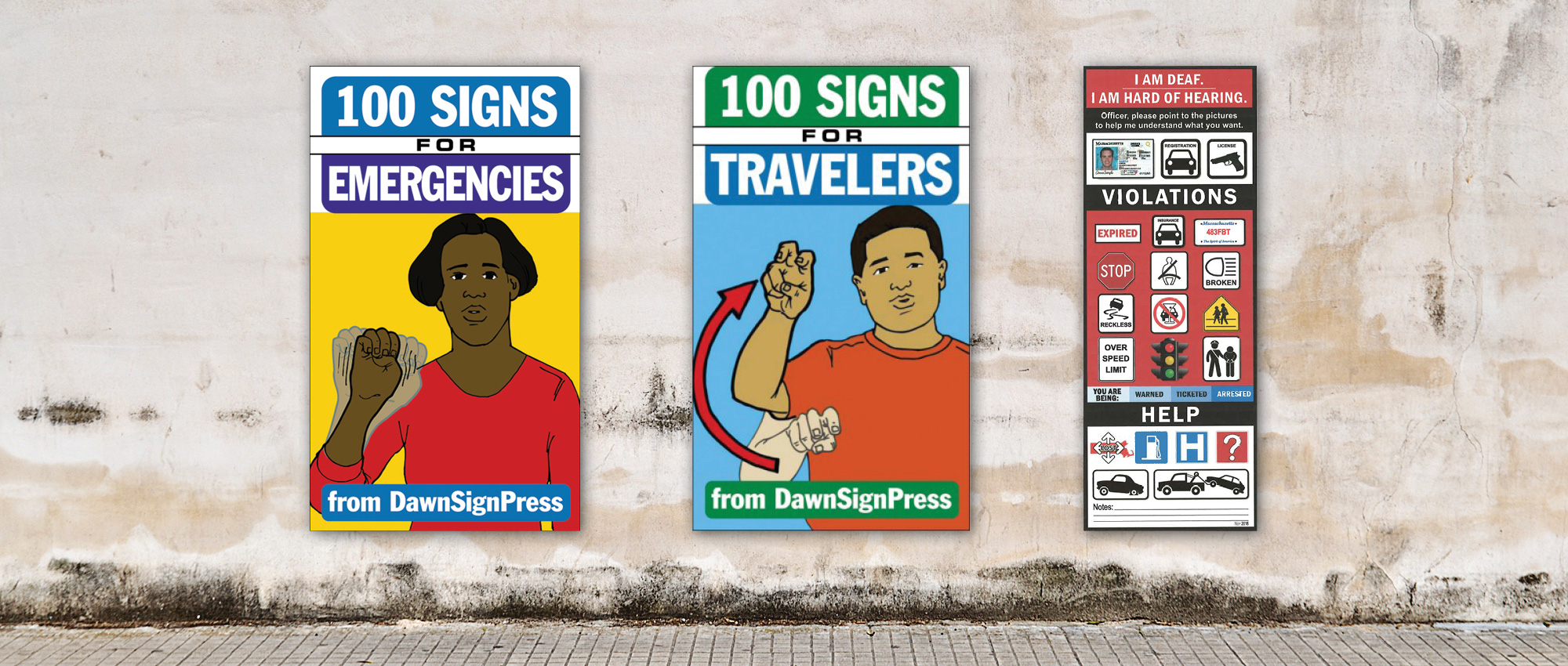Enhancing customer experience on the Indiana Toll Road and building pathways to a diverse ability talent pool

Customer and community stewardship are high on the agenda at Indiana Toll Road Concession Company (ITR), the company managing the 157-mile-long toll road stretching across Northern Indiana in the US.
With the support of funding from IFM’s 2021 Community Grants Program, ITR has partnered with community organisation TradeWinds on a project that aims to enhance the toll road customer experience and support employment pathways for deaf and hard of hearing people in the community.
Bill McCall, ITR’s Communications Director, whose team’s remit includes public relations and managing ITR’s community outreach programs, explained that the project idea came from toll collectors’ feedback. These employees expressed a desire to be better able to communicate with and accommodate the needs of deaf and hard of hearing people using the toll road.
“TradeWinds was the obvious choice in a community partner to explore how we could support our people to better serve this particular group of customers,” said Bill, adding that “with more than 50 years’ experience providing services to people with diverse abilities and a dedicated Deaf Services department, Tradewinds has the know-how and network we need.” Bill and his team could also see great potential value in the employment services that Tradewinds offers, providing access to a diverse talent pool for recruiting new ITR employees.
Building employee capability to support deaf and hard of hearing customers
Utilising the expertise of TradeWinds, a training program was developed for ITR employees. The program comprises deaf sensitivity training, targeting employees more broadly, as well as a more focused American Sign Language (ASL) course for selected customer-facing employees.
To date, the deaf sensitivity training has been delivered to more than 150 ITR employees. The training, hosted by a child of deaf adults, a hard of hearing individual and a deaf individual, provided an opportunity to explore what better servicing this ‘community within a community’ could look like. It also provided training in ASL alphabet and number basics, as well as an introduction to assistive learning devices.
In addition to the sensitivity training, twenty employees - mostly toll collection and customer service staff – have attended a more in-depth ASL course. The course, comprising four one-hour interactive sessions, covered ASL basics and incorporated toll road-specific signage in learning vocabularies.
A pathway to a diverse-ability talent pool
ITR’s Human Resources team is also working with TradeWinds to onboard deaf or hard of hearing individuals to its customer service team.
Bill highlighted that across all ages, people with disabilities are much less likely to be employed than those with no disabilities. “In Indiana, only 38% of disabled residents are employed. When this statistic is considered in the context of the state’s 85,000 residents living with a hearing disability, the scope for this project’s success is clear.”
Part of the preliminary stage of this initiative involves identifying the need for additional equipment and enhanced customer service technologies that ITR can deploy to support deaf and hard of hearing employees.
The company is looking at incorporating real-time online chat technology on its website. This technology will facilitate the creation of ability-matching roles for deaf and hard of hearing customer service employees, who can monitor and respond to customer queries via text. It will also enhance the company’s existing telephone and in-person customer service channels.
Momentum is building
Since the program began, employees across the company have been keen to get involved.
“It’s gaining momentum and the pandemic-induced widespread use of online meeting technology has allowed for the training to be delivered to employees wherever they’re working,” Bill said.
The training is available on ITR’s Learning Management System for employees to view on-demand, and it has been incorporated into the on-boarding process for new employees.
The sensitivity and ASL training has received positive feedback from participants, with most able to pass competency tests on completion of the training. ASL training program alumni have also established a group that gathers to practise and share their experiences as new ASL communicators.
Training is being developed for employee groups beyond customer service teams, including roadway maintenance crews. ITR is also working with Tradewinds to develop additional resources, such as those pictured, to support deaf and hard of hearing travellers and people working on the roadway (including toll collectors and first responders) to communicate with each other.
“We are dedicated to creating great experiences for all of our customers, and this means providing our employees with the tools they need to make all customers feel welcomed and serviced,” said Bill. He also noted the important customer and employee safety element of this project. “In poor-weather and vehicle-related emergencies or unexpected issues along the toll road, it’s crucial that we’re able to clearly communicate with all of our road users for their safety and ours.”
Bill has been involved with TradeWinds on various projects and initiatives over the past 20 years and is a staunch advocate of the organisation’s work. “I’ve seen what the organisation’s services can do for people living with a disability, and I’m really proud to be partnering with them on this project.”
At IFM, we value the connection and mutually beneficial relationships our portfolio companies aim to build and maintain with their local communities through grassroots projects such as this. We believe that supporting the sustainability of the local communities where we invest and operate is essential for us to deliver on our purpose, which is to protect and grow the long-term retirement savings of working people.
Related articles

Economic Update December 2025

Three reasons to invest in Infrastructure Debt today





